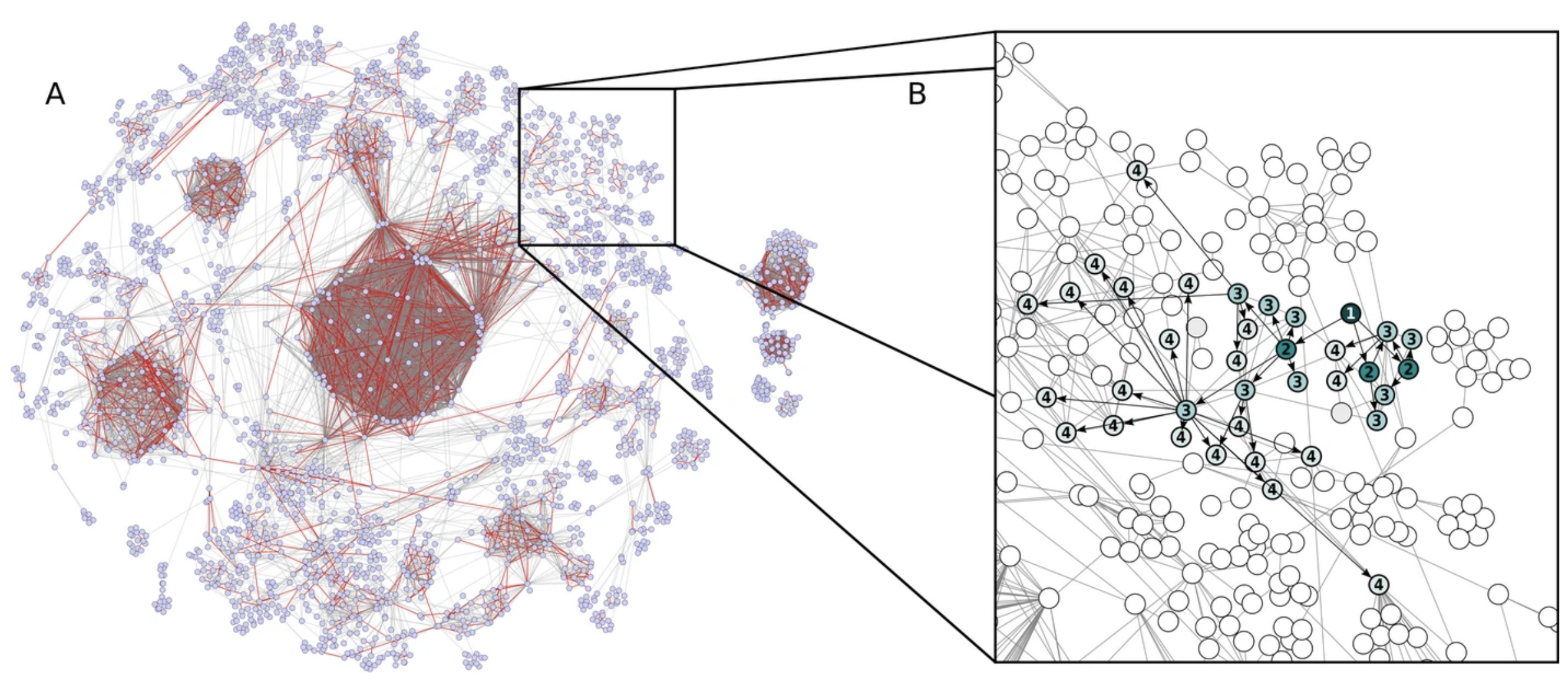PI: Prof. Andreas Jakobsson, Lund University
co-PI: Prof. Peter Anderberg, Blekinge Institute of Technology
The proposed project advances proteomic-based personalised medicine by modelling high- dimensional protein interactions and their links to clinical outcomes of critical sepsis and acute respiratory distress syndrome (ARDS). Using two large biobanks (SWECRIT with SomaScan 11k; SNAC- Blekinge with Olink), we will deploy both supervised and unsupervised machine learning (ML) to either leverage established prior knowledge or uncover proteome-defined disease endotypes. In parallel, we will extend information-theoretic mutual information (MI) estimators and feature-selection schemes to detect non-linear, non-monotonic, and higher-order interactions that evade classical statis- tics. We will also build computationally efficient and scalable pipelines suitable for proteomic data at scale, emphasising robustness, transparency, and reproducibility while respecting medical data- sharing constraints. Clinically usable interpretation layers (SHapley Additive exPlanations—SHAP, counterfactual analyses, rule-based summaries) will be developed, endotypes will be validated against outcomes, and translated into decision-support rules generalisable across critical illnesses. The team brings together technical and medical researchers to ensure both mathematical rigour and clinical relevance. Work is organised into two interlinked Ph.D. projects: the Lund team focuses on ML–MI theory and endotype discovery, while BTH leads computational optimisation, efficient training, and deployable interpretability. The anticipated impact is earlier and more precise treatment selection, more efficient use of ICU resources, and a methodological platform extensible to other critical-illness syndromes.
Project number: F8

